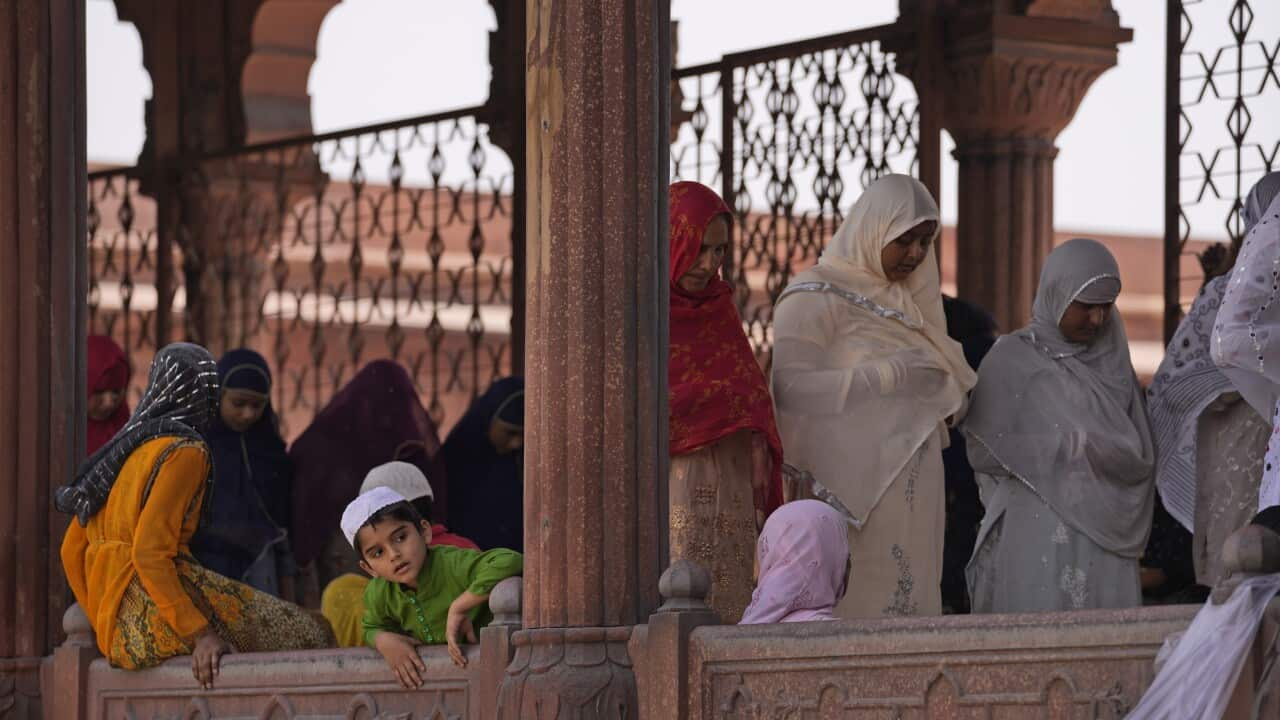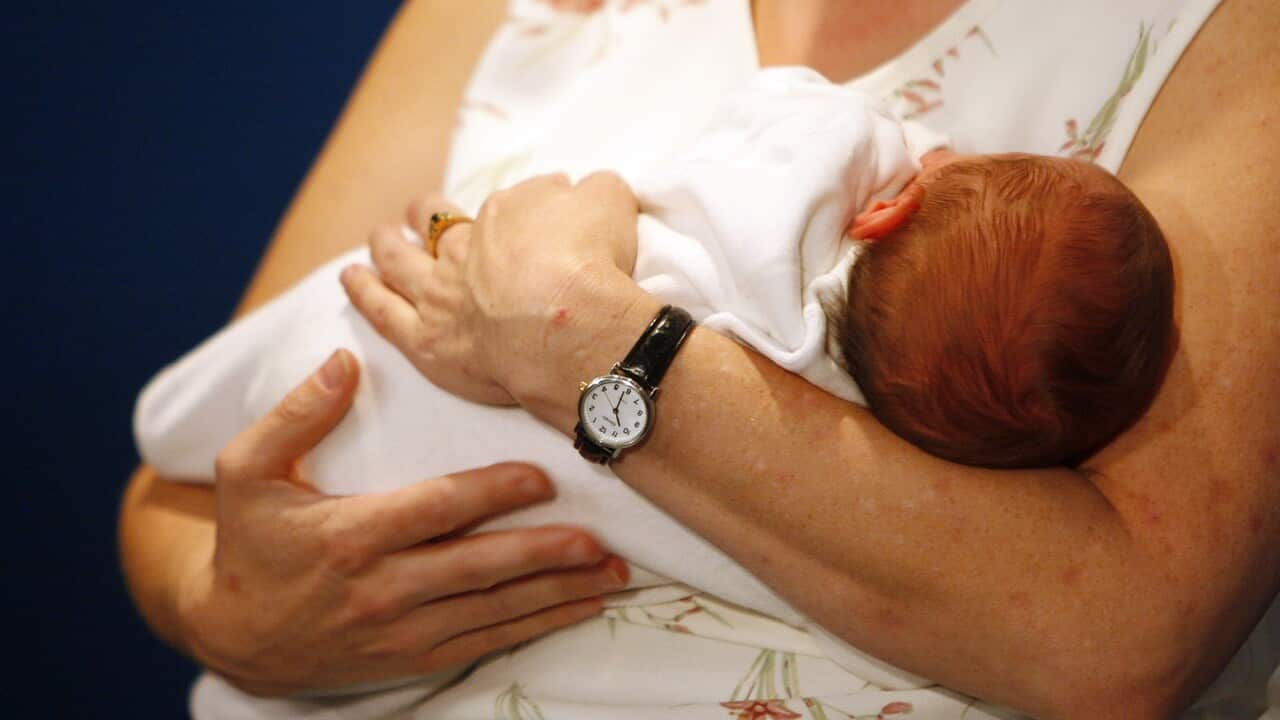Key Points
- Researchers said there was "sharp and statistically significant" rise in acquittals from Muslim judges fasting during Ramadan.
- They looked at 10,000 judges decisions over 50 years in India and Pakistan.
- The concept of clemency was thought to be prevalent for the judges during Ramadan.
A found that Muslim judges in India and Pakistan who are fasting during Ramadan are more likely to give lenient decisions.
Ramadan is a holy month when Muslims typically go without food or water from dawn to sunset.
Researchers analysed criminal sentencing data, including roughly half a million cases and 10,000 judges decisions, covering a 50-year period in India and Pakistan, two of the top three countries with the largest Muslim populations.
Data showed a "sharp and statistically significant" rise in acquittals from Muslim judges during Ramadan and no difference for non-Muslim judges, they reported.
The study from Russia's New Economic School found judges in both countries gave an average of around 40 per cent more acquittals during Ramadan, compared to other periods of the year.
A month of mercy
The researchers also tried to quantify whether the more lenient decisions were better or worse than those made outside of Ramadan.
They found that the defendants on the receiving end of the lenient decisions were no more likely to commit another crime.
The rate of recidivism was generally slightly lower -- including for defendants of violent crimes such as armed robbery and murder.
The lenient judgements were also less likely to be appealed, the study said.
"The probability that the initial verdict was overturned was also lower," said Avner Seror, a study co-author and economist at France's Aix-Marseille University.
Seror said that Ramadan was "well-suited to statistical analysis" because it offers numerous avenues for comparison, from being held on different dates every year to the duration of fasting differing depending on when the sun rises and sets.
He suggested that the change in the judges' decision-making could be connected to "the idea of clemency inherent in the Muslim ritual, a little like the spirit of Christmas among Christians".
"But it goes further because it seems to help the judges make the right decision," he added.
Debunking 'the hungry judge effect'
A found that judges in Israel were more likely to deny criminals parole before they ate lunch than afterwards.
This new study found the opposite, with judges becoming more lenient the longer they went without food and water.
They were 10 per cent more likely to acquit with each additional hour of fasting, the study said.
Lead researcher of the study, Sultan Mehmood, said he was ‘surprised’ to see the opposite outcome.











